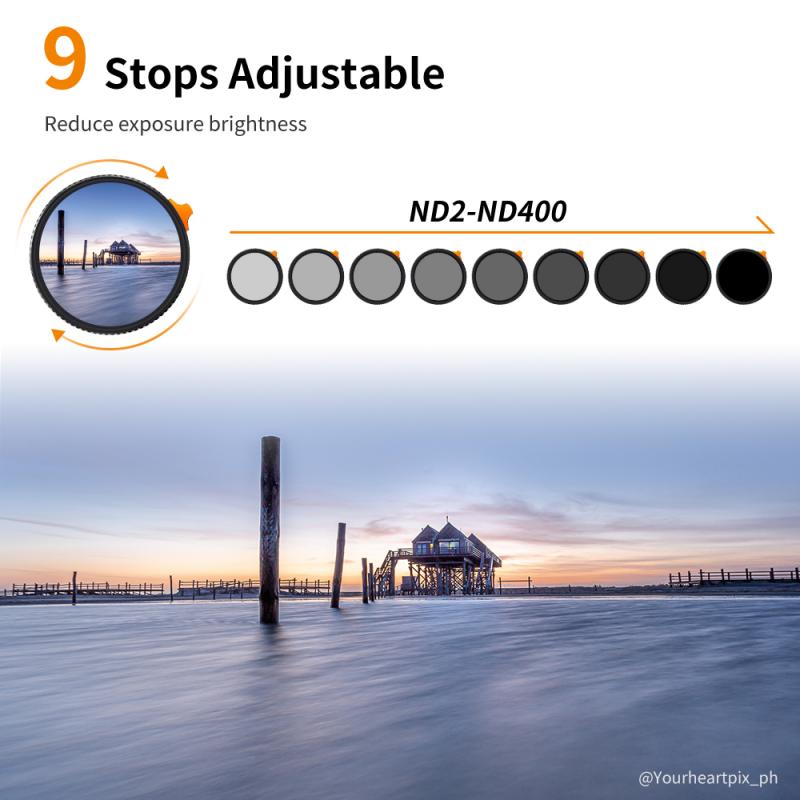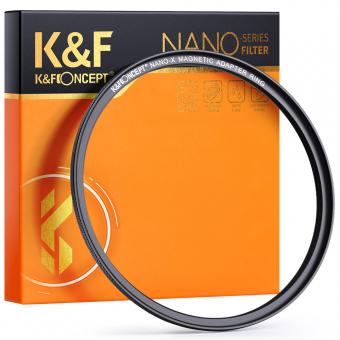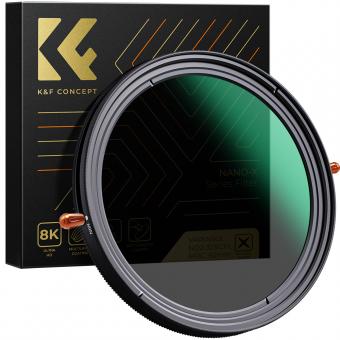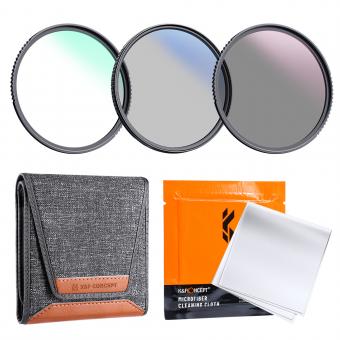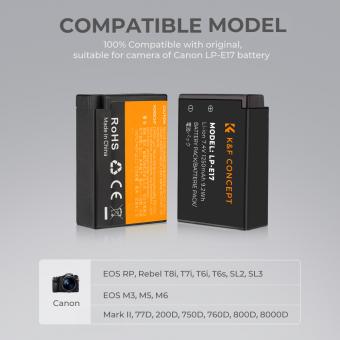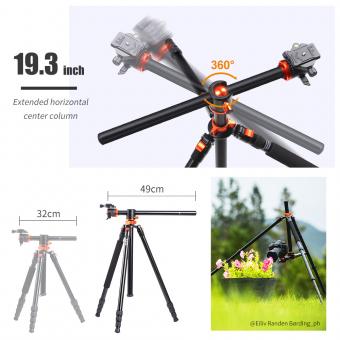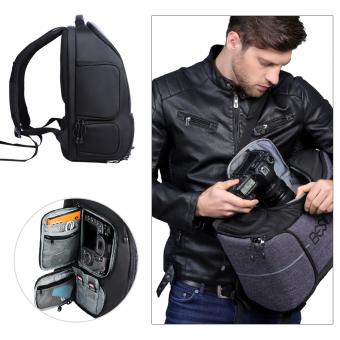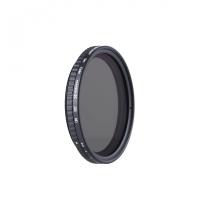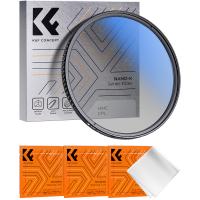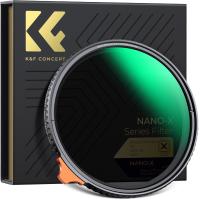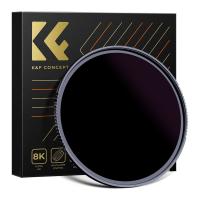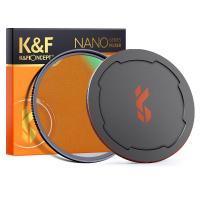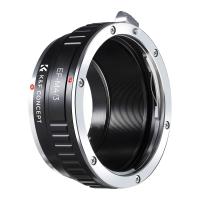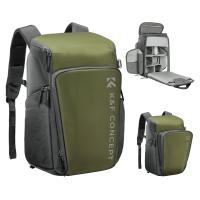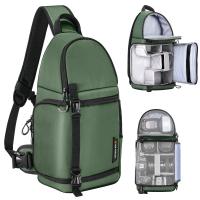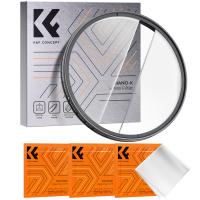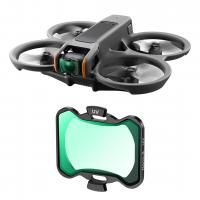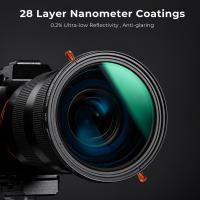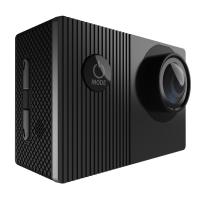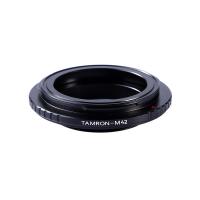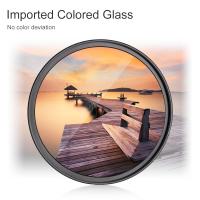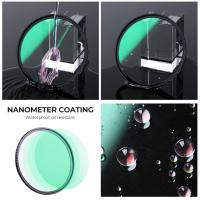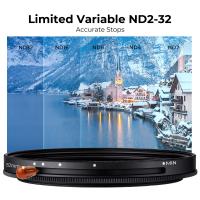What Filters To Buy ?
When deciding what filters to buy, it depends on what you are looking to filter. There are various types of filters available for different purposes, such as water filters, air filters, oil filters, and more. It is important to consider the specific needs and requirements for the filtration task at hand. Factors to consider include the type of contaminants you want to remove, the size of particles you want to filter, the flow rate, and the compatibility with the system or equipment you are using. Additionally, it is advisable to research and compare different brands and models to find the most suitable filter for your needs.
1、 Types of filters for different purposes and applications
Types of filters for different purposes and applications
When it comes to filters, there are various types available for different purposes and applications. Filters are used to remove impurities, particles, or unwanted substances from a fluid or gas. Here are some common types of filters and their applications:
1. Air Filters: These filters are used to remove dust, pollen, and other airborne particles from the air. They are commonly used in HVAC systems, air purifiers, and automotive engines.
2. Water Filters: Water filters are designed to remove contaminants and improve the taste and quality of water. They can be used in homes, offices, and industrial settings to purify drinking water or for specific applications such as aquariums or irrigation systems.
3. Oil Filters: Oil filters are used in engines and machinery to remove impurities and extend the life of the oil. They are crucial for maintaining the performance and longevity of engines in vehicles, industrial equipment, and power generators.
4. Fuel Filters: Fuel filters are used to remove dirt, rust, and other contaminants from fuel before it reaches the engine. They are commonly found in vehicles, boats, and other machinery that rely on internal combustion engines.
5. HEPA Filters: High-Efficiency Particulate Air (HEPA) filters are designed to capture very small particles, including allergens, bacteria, and viruses. They are commonly used in air purifiers, vacuum cleaners, and cleanrooms.
6. UV Filters: UV filters are used to block ultraviolet (UV) radiation from reaching sensitive equipment or materials. They are commonly used in photography to reduce the effects of UV light on film or digital sensors.
7. Carbon Filters: Carbon filters are used to remove odors, chemicals, and volatile organic compounds (VOCs) from air or water. They are commonly used in air purifiers, water purifiers, and ventilation systems.
8. Membrane Filters: Membrane filters are used to separate particles or substances based on their size. They are commonly used in laboratory settings, pharmaceutical manufacturing, and water treatment processes.
It is important to consider the specific requirements of your application when choosing a filter. Factors such as filtration efficiency, flow rate, and maintenance requirements should be taken into account. Additionally, staying updated with the latest advancements in filter technology can help you make informed decisions and choose the most suitable filter for your needs.
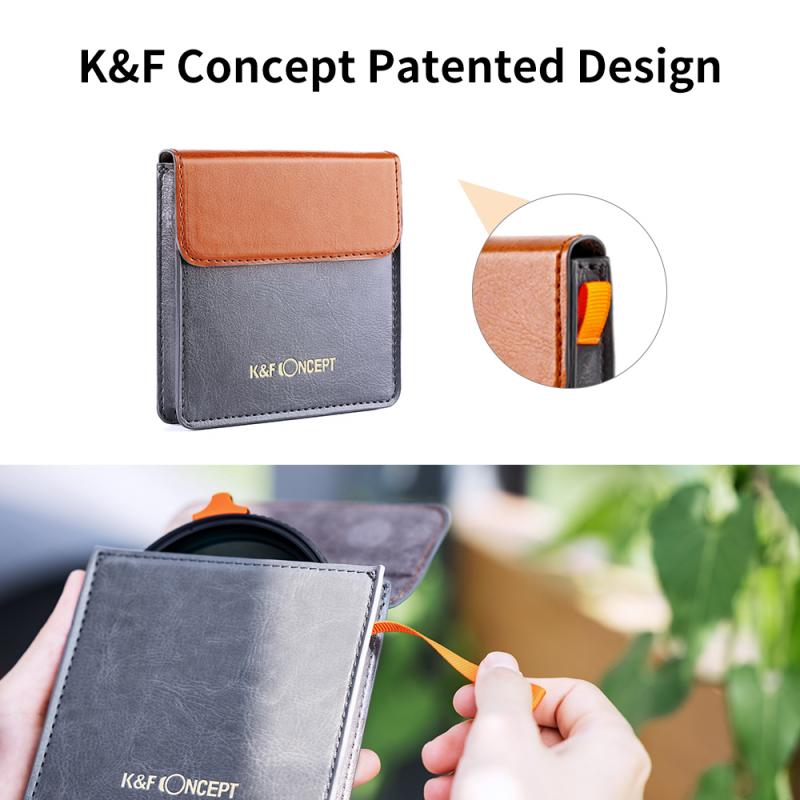
2、 Factors to consider when choosing the right filter
Factors to consider when choosing the right filter:
1. Purpose: Determine the specific purpose for which you need a filter. Are you looking to improve the quality of your drinking water, remove impurities from the air, or enhance the performance of your camera lens? Different filters are designed for different purposes, so it's important to identify your specific needs.
2. Compatibility: Ensure that the filter you choose is compatible with the device or system you intend to use it with. For example, if you are looking for a water filter, consider the type of water source you have (tap water, well water, etc.) and choose a filter that is designed to effectively treat that specific water source.
3. Filtration efficiency: Look for filters that have a high filtration efficiency. This means that they are capable of effectively removing a wide range of contaminants or impurities. Consider factors such as the filter's micron rating (which indicates the size of particles it can remove) and its ability to remove specific contaminants like bacteria, viruses, chemicals, or heavy metals.
4. Maintenance and lifespan: Consider the maintenance requirements and lifespan of the filter. Some filters may require frequent replacement or cleaning, while others may have a longer lifespan. It's important to choose a filter that is convenient and cost-effective in the long run.
5. Budget: Determine your budget for purchasing a filter. Prices can vary significantly depending on the type and quality of the filter. Consider the long-term costs of maintenance and replacement filters as well.
6. Latest point of view: With the increasing concern for environmental sustainability, it is worth considering filters that are eco-friendly. Look for filters that are made from sustainable materials and can be easily recycled or disposed of responsibly.
In conclusion, when choosing the right filter, it is important to consider factors such as purpose, compatibility, filtration efficiency, maintenance, lifespan, and budget. Additionally, considering the latest point of view on environmental sustainability can help you make a more informed decision.
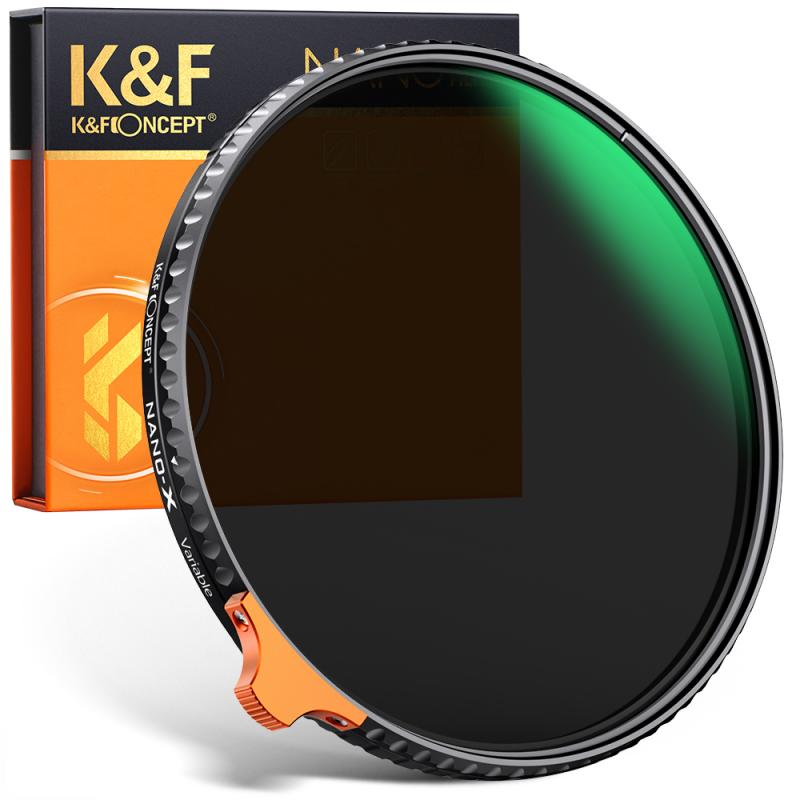
3、 Popular filter brands and their features
Popular filter brands and their features:
When it comes to buying filters, there are several popular brands that offer a wide range of options to choose from. Here are some of the top filter brands and their features:
1. Nikon: Nikon is known for its high-quality camera lenses, and they also produce excellent filters. Their filters are made with precision and offer superior optical performance. Nikon filters are available in various types, including UV, polarizing, and neutral density filters.
2. Canon: Canon is another well-known brand that produces top-notch filters. Their filters are designed to reduce glare and reflections, enhance color saturation, and protect the lens from scratches and dust. Canon offers a range of filters, including UV, circular polarizing, and variable neutral density filters.
3. Hoya: Hoya is a popular filter brand that offers a wide range of filters for different purposes. They are known for their high-quality glass and multi-coating technology, which helps to reduce flare and ghosting. Hoya filters are available in various types, including UV, circular polarizing, and neutral density filters.
4. B+W: B+W is a renowned German brand that is highly regarded for its premium filters. They are known for their exceptional optical quality and durability. B+W filters are made with high-quality glass and feature multi-coating to minimize reflections and maximize light transmission. They offer a wide range of filters, including UV, circular polarizing, and neutral density filters.
5. Tiffen: Tiffen is a well-established brand that offers a diverse range of filters for photographers and filmmakers. Their filters are known for their high-quality construction and excellent optical performance. Tiffen filters are available in various types, including UV, polarizing, and neutral density filters.
It is important to note that the latest point of view may vary depending on individual preferences and advancements in technology. Therefore, it is recommended to research and read reviews to find the most suitable filters for your specific needs.
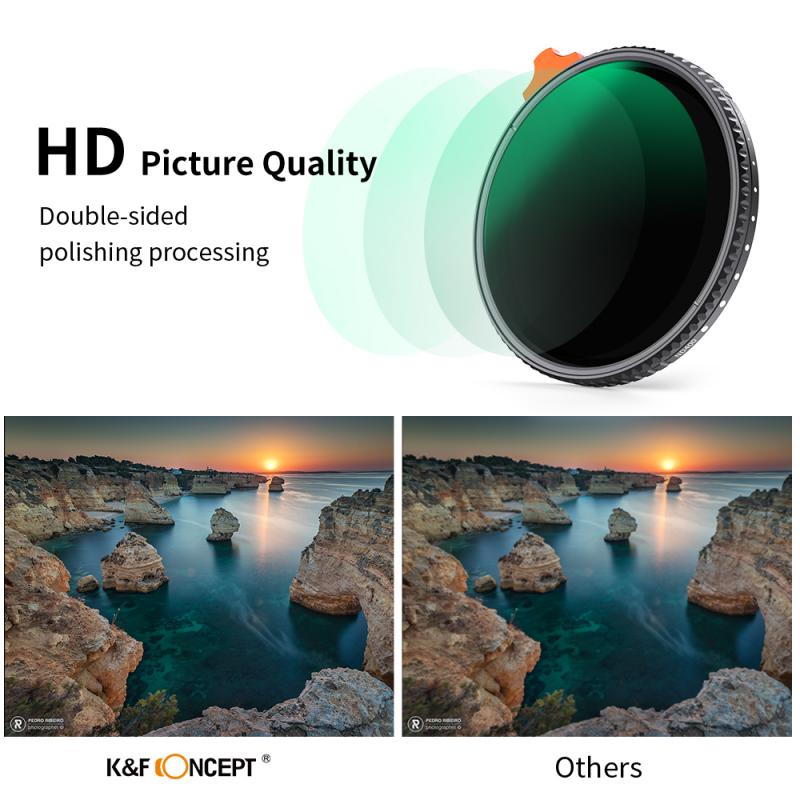
4、 Filter sizes and compatibility with different devices
When it comes to buying filters, there are a few factors to consider. One important aspect is the filter size. Different devices, such as cameras and lenses, have different filter thread sizes. It is crucial to ensure that the filter you purchase is compatible with your specific device. This information can usually be found in the device's manual or by checking the manufacturer's website.
Another consideration is the type of filter you need. There are various types of filters available, each serving a different purpose. Some common types include UV filters, polarizing filters, and neutral density filters. Understanding the specific function of each filter type will help you determine which ones are necessary for your photography needs.
Additionally, it is essential to stay updated with the latest advancements in filter technology. As new devices are released, manufacturers may introduce filters with improved features or compatibility. Keeping an eye on industry news and reviews can provide valuable insights into the latest developments in the world of filters.
Lastly, it is worth considering the reputation and quality of the filter brand. Investing in a reputable brand can ensure that you are purchasing a high-quality filter that will effectively enhance your photography. Reading customer reviews and seeking recommendations from fellow photographers can help you make an informed decision.
In conclusion, when buying filters, it is crucial to consider the filter size and compatibility with your devices. Understanding the different types of filters and staying updated with the latest advancements can also help you make the right choices. Additionally, investing in a reputable brand will ensure that you are purchasing a high-quality filter.
